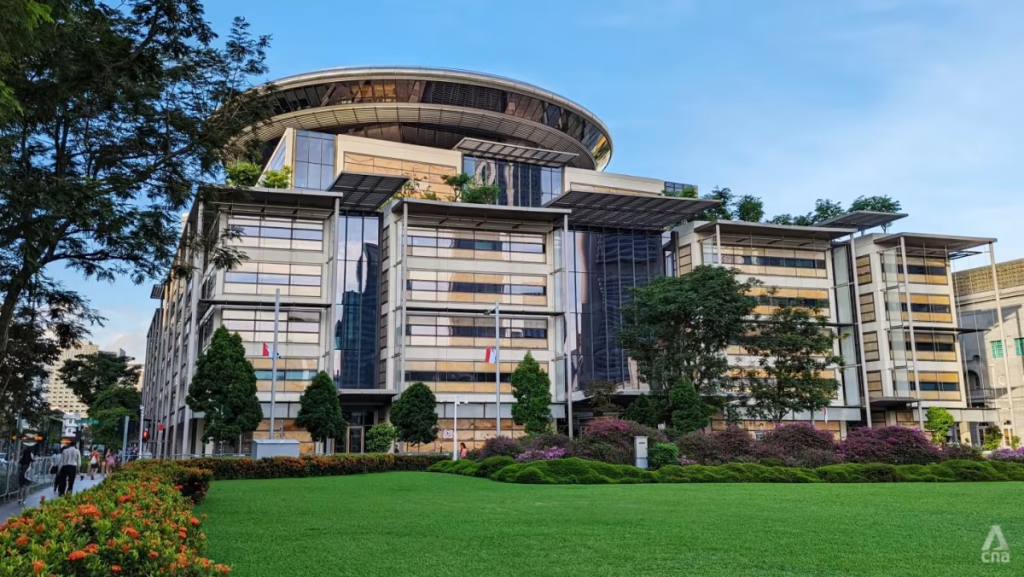Last week, the Singapore High Court provided a decision in a case involving cryptocurrency exchange ByBit and former contractor, Ms. Ho Kai Xin. While the case itself drew worldwide attention thanks to Ms. Ho fraudulently transferring over $4.2m in crypto assets and other currencies to accounts in her control, headlines were quickly populated with a ruling that had initially flown under the radar.
In the landmark decision, the court recognized that crypto assets were a form of property capable of being held on trust. More specifically, Justice Philip Jeyaretnam J, who oversaw the case, referred to the Monetary Authority of Singapore’s recent public consultation on proposed amendments that make it possible “in practice to identify and segregate such digital assets, and hence support the view that it should be legally possible to hold them on trust.”
As Singapore continues to shape its outlook on cryptocurrency regulation within the country, it’s essential to explore the implications of this landmark ruling not only for investors but also for those actively involved in the local web3 ecosystem.
Crypto Investors Will Have More Protection Under Singaporean Law
As part of the judgement, the court took the view that crypto assets are classed in the category called “Choses in action”, meaning that owners have the personal rights over their crypto assets.
This category refers to a bundle of personal rights over property which can only be claimed or enforced by action, and not by taking physical possession such as money due on a bond or an insurance policy. Prior to this, crypto assets had not been properly categorized in Singapore.
“While this decision only dealt with the legal status of cryptocurrency, the ruling will have an impact of how the courts may consider the legal status of other forms of digital assets.” Yuankai Lin, Partner, RPC Premier Law, told Chain Debrief.
“This has implications for not just investors, but all stakeholders in the web3 space. Investors will have greater protection under the law as they have property rights over their digital assets, even though the assets exist only on the blockchain.”

With more than USD$1 billion already lost in various cryptocurrency scams and exploits this year, the ruling may be a breath of fresh air for unfortunate victims, who may have been previously unsure of the avenues available to them in such cases.
However, although the ruling will undoubtedly have a positive impact on Singaporean cryptocurrency investors, there might be unforeseen issues for one unlikely segment of Web3 down the line.
“Blockchain developers will also need to be mindful that property laws of Singapore (and perhaps, other jurisdictions) apply and may have to review their Terms & Conditions and their risk and compliance protocols to reflect this.”
Despite Singapore being referred to as a “crypto hub” in the past, local regulators have decided to take a hands off approach to the local Web3 scene, instead focusing on the underlying blockchain technology. While the Monetary Authority of Singapore has previously passed a ban on crypto advertising and proposed stricter requirements for crypto investors, it has yet to set out definite guidelines for crypto investments.
As these guidelines continue to develop, crypto assets being viewed as “choses in action” could lay the foundation for future regulations.
Are NFTs also Property in Singapore?
While the case involving ByBit and Ms. Ho does not touch on world of NFTs or Non Fungible Tokens, the Singapore High Court had ruled last year that NFTs could be considered property.

Bored Ape Yacht Club #2162 was used as collateral for a 150,000 $DAI Loan on March 2022.
During the case, which centered around the use of a Bored Ape Yacht Club NFT on the NFTfi platform as collateral to procure a loan, provided a ruling that NFTs meet certain requirements to be considered property in a preliminary hearing.
In the court’s observations, it was acknowledged that the unique characteristics of NFTs do not align with the conventional criteria for traditional property. Despite this, the court refrained from providing definitive conclusions and maintained an open stance on the exact nature of NFTs.
Nevertheless, the significant ruling classifying crypto assets as property sets a precedent that could offer investors clearer guidelines about the nature of their investments.
“Based on the reasoning and analysis applied by the Court in determining the status of cryptocurrencies, it is entirely possible that the ruling could extend to NFTs.” said Yuankai Lin.
Also Read: What is MAS Chairman Lawrence Wong’s Stance on Crypto?
[Editor’s Note: This article does not represent financial advice. Please do your own research before investing.]
Featured Image Credit: Chain Debrief



































